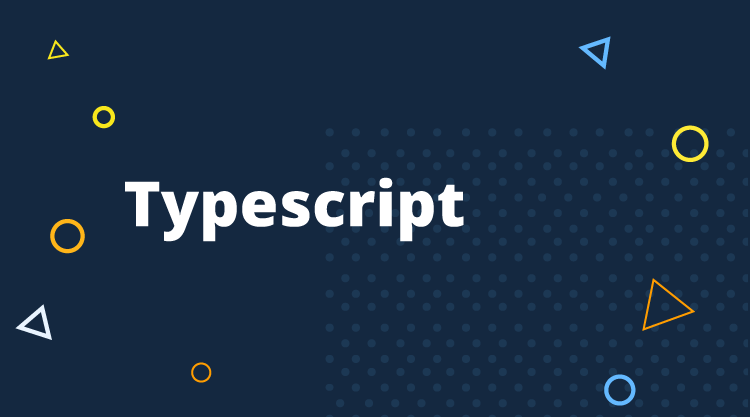You have probably heard about TypeScript, the new, open-source programming language developed by Microsoft. It is a superset of the JavaScript language. Its goals are to provide compile-time type checking and object oriented constructs on top of the core JavaScript language.
JavaScript is a powerful language, but its open nature is always a source of concern when developing and maintaining a large code base as part of a team. TypeScript enables the provision of a defined contract on top of the JavaScript language. This helps developers on a team have a shared understanding of the code.
A defined contract also greatly assists with tools such as IntelliSense and refactoring.
JavaScript’s prototype-based inheritance model is powerful, but for many who come from a C#/C++/Java background, the system feels quite alien. While it is entirely possible to create object-oriented abstractions in JavaScript, it involves some boilerplate code. Such code can, of course, be easily generated by a tool. This is exactly what TypeScript does. It allows programmers coming from a classical object-oriented background to define class, interface, and module constructs in a manner that is intuitive.
In summary, TypeScript helps you tame JavaScript and make it work for your needs. TypeScript has no runtime dependencies and can be used on any platform, in any browser.
Yet another language to learn?
Don’t worry. TypeScript is easy to work with. If you already know JavaScript, you can get started with TypeScript in less than an hour. We have prepared a TypeScript tutorial that will help you get started in 30 minutes or less.
You can download it here.
